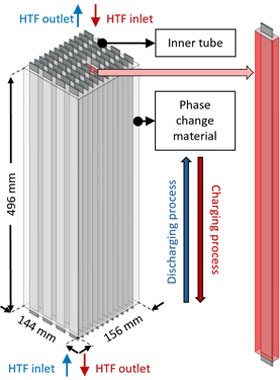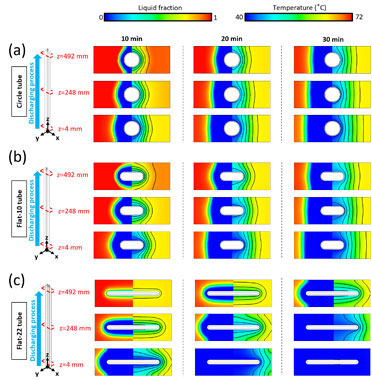Seoul National University of Science and Technology
Seoul National University of Science and Technology
Climate change and carbon neutrality goals by 2050 emphasize the need for efficient energy management.
Thermal Energy Storage (TES) addresses the intermittency of renewable energy sources like solar heat and industrial waste heat by storing and releasing energy as needed.
Current advancements in TES focus on phase change materials and thermochemical systems, enabling effective energy use in Zero Energy Buildings and industrial processes.
Continued research is essential to optimize TES technology and support its large-scale commercialization for sustainable energy solutions
Climate change and carbon neutrality goals by 2050 emphasize the need for efficient energy management. Thermal Energy Storage (TES) addresses the intermittency of renewable energy sources like solar heat and industrial waste heat by storing and releasing energy as needed. Current advancements in TES focus on phase change materials and thermochemical systems, enabling effective energy use in Zero Energy Buildings and industrial processes. Continued research is essential to optimize TES technology and support its large-scale commercialization for sustainable energy solutions.
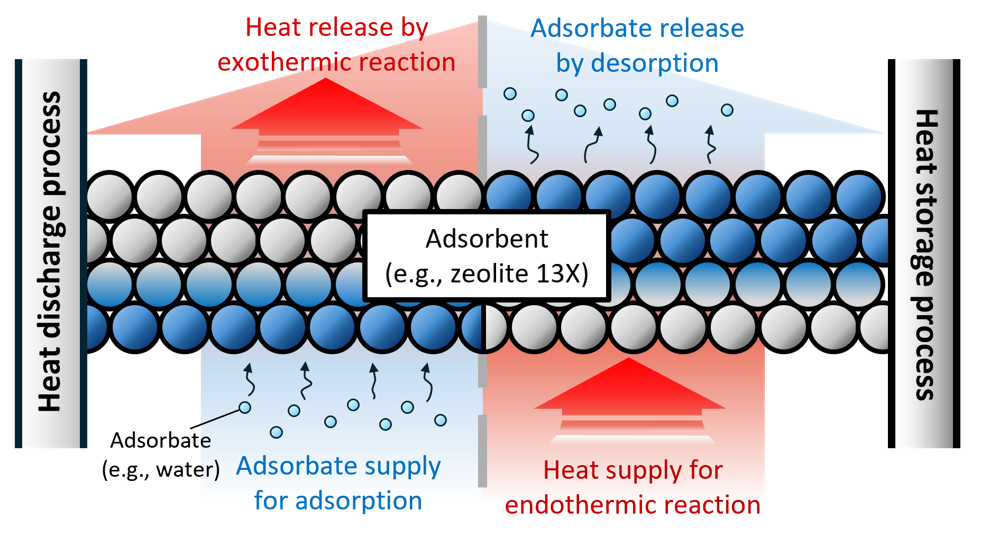
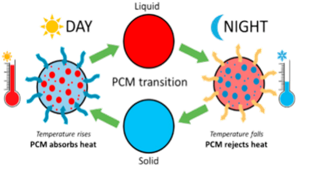
Thermochemical heat storage (TCHS) systems utilizing zeolite 13X present a promising solution to pressing global energy challenges.
Our group explore the influence of absolute humidity and flow rate on the heat release process within a TCHS system,
with a focus on local and overall performance considering temperature profile, degree of adsorption reaction, and average thermal power.
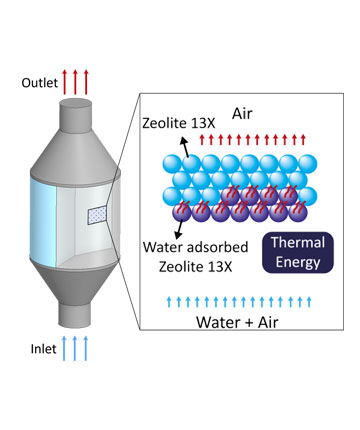

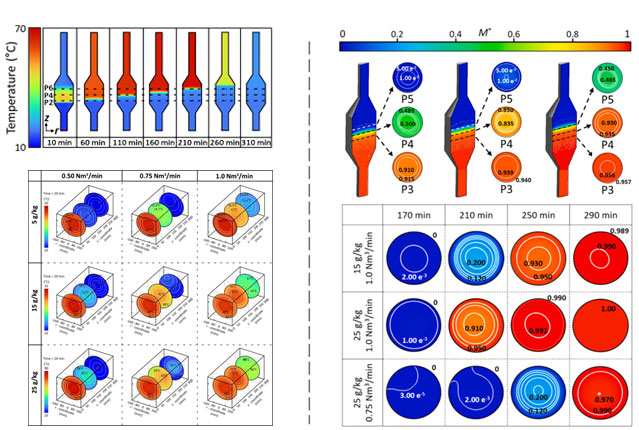
Latent heat thermal energy storage system (LHTES) has emerged as a solution to address the imbalance between energy demand and supply.
Efficient charging techniques for LHTES are gaining traction, particularly in mitigating the challenges posed by the low thermal conductivity of phase change materials.
We focuses on investigating the solidification/melting behavior for imporivng charging/discharging performance.
